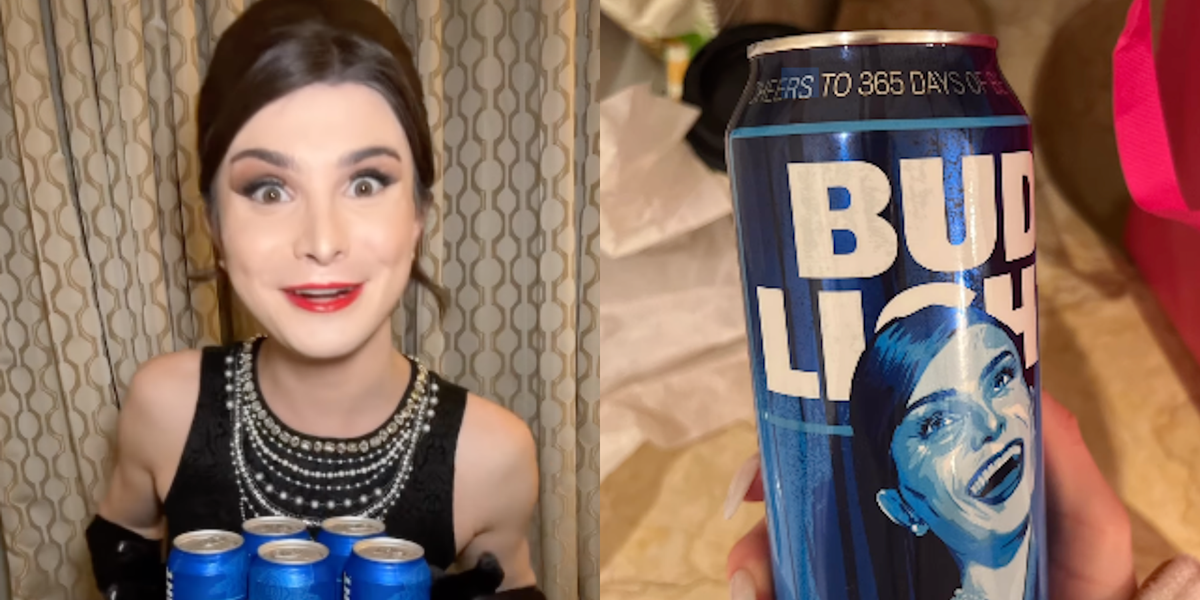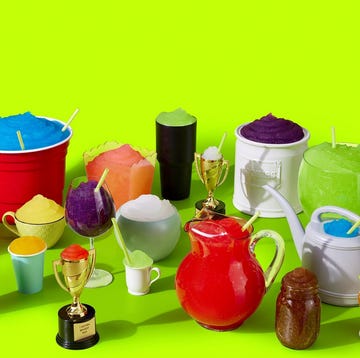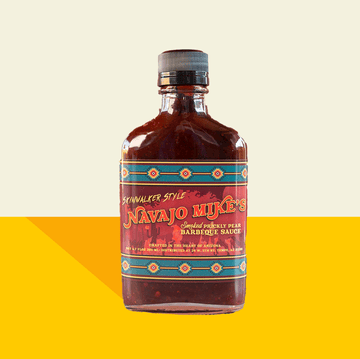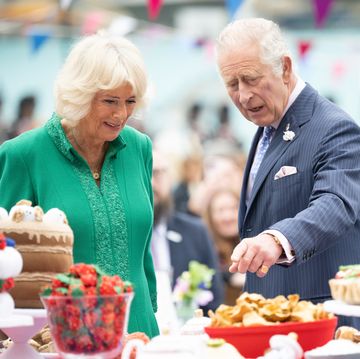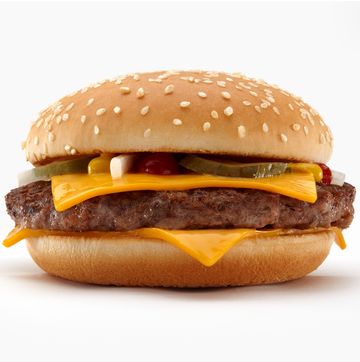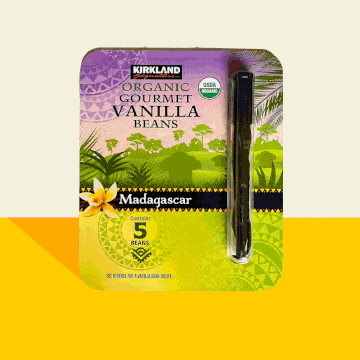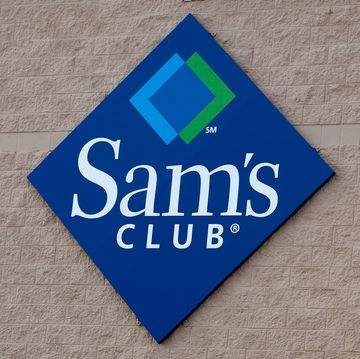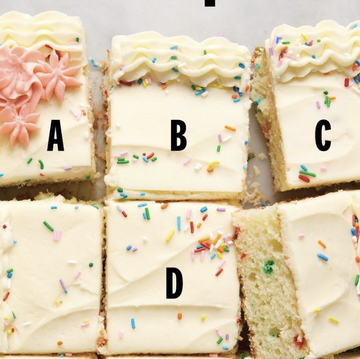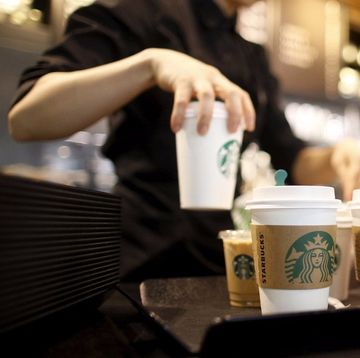It’s not a day on the internet without a fresh batch of absurd outrage. While most of these uproars typically die down quickly, social media’s latest storm has been riding a strange wave of relevance for some time now. And its target is just as surprising: Bud Light.
Yes, America’s most popular beer has become the latest public enemy among ring wingers on the internet. And the reasoning for this proposed “boycott” is just as ridiculous.
The backlash began when actress and TikTok personality Dylan Mulvaney shared a sponsored post with Bud Light on her Instagram page. Promoting a March Madness sweepstakes from the brand, Mulvaney also showed off the custom can that the company gifted her in honor of her one-year anniversary of transitioning.
More From Delish

“This month I celebrated my day 365 of womanhood,” said Mulvaney, who has been outspoken about her experience as a transgender woman on social media, “and Bud Light sent me possibly the best gift ever: a can with my face on it.”
People immediately began criticizing Bud Light on social media. Among some of the more extreme voices were Kid Rock, who posted a Twitter video of him shooting a gun at packs of Bud Light, which is ironic because it implied that he purchased multiple packs of the beer to make the video. Country singer Travis Tritt also announced that he banned the beer from his upcoming tour, as Newsweek reports.
Many have argued that Bud Light’s partnership with Mulvaney has caused the company to suffer, citing a 30 percent drop in sales that sources like Newsweek have pointed out are likely not tied to the campaign. The truth is, Bud Light will likely come out on the other side of the boycott doing just fine. In fact, according to experts, they might even be better for it.
Over the weekend, Anheuser-Busch released a statement obliquely addressing the boycott, saying they they "never intended to be part of a discussion that divides people." Critics on both sides of the issue have expressed dissatisfaction over the statement.
Pedr Howard, Head of Creative Excellence at market research company Ipsos, tells Delish that most viral boycotts don’t actually impact brands negatively in the long run. “Sometimes [online backlash] can cause short-term losses, but any long-term losses are usually also linked to other factors,” Howard says. “In many cases, there is no loss and it can have a net positive effect.”
Howard says that “media hype and exposure can drive mass awareness, which in turn leads to more potential customers.” So, Bud Light could even be getting free air time and media impressions from the boycotters, who are keeping the brand at the top of consumers’ minds when they head out for a beer run.
Merely looking at the history of recent boycotts can help us get a look into the net impact this will likely have on Bud Light. The failed “cancel Disney” attempts and Nike boycotts are barely even memorable today.
If anything, the campaign could be a rejuvenating move for the brand, which has reportedly “been in decline for a really long time,” according to Bud Light VP of marketing Alissa Heinerscheid. In a March 2023 interview with the Make Yourself at Home podcast, which was recently covered by CNN, Heinerscheid said, “If we do not attract young drinkers to come and drink this brand, there will be no future for Bud Light.”
“We have seen that inclusive advertising, when done right, can certainly be a driver for brand success,” Howard says, citing “'win-win’ territories” for brands in which owners can drive sales and growth while supporting a cause that they truly believe in.
